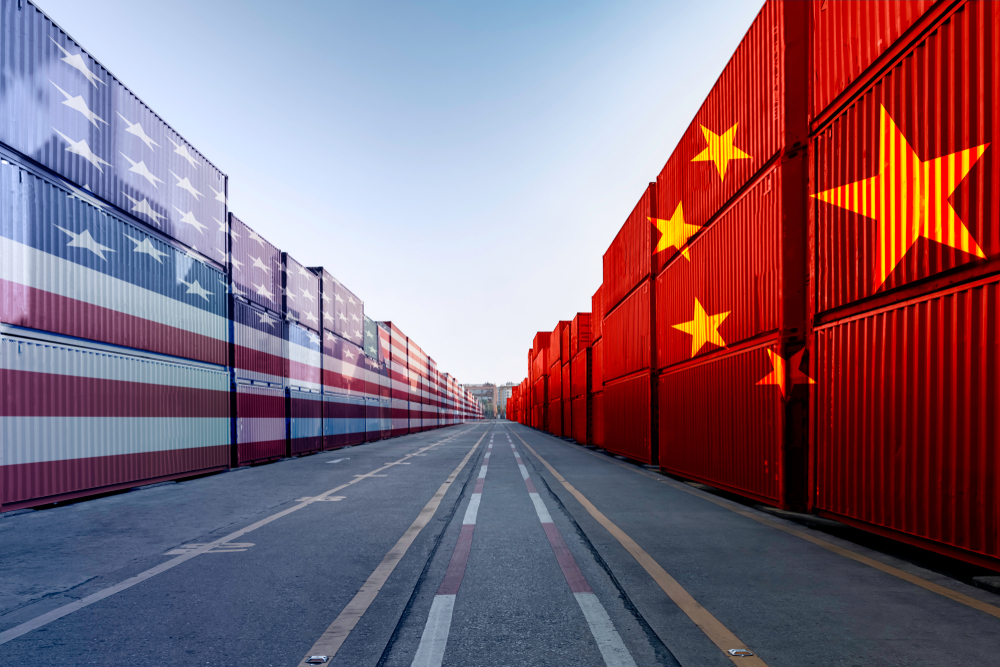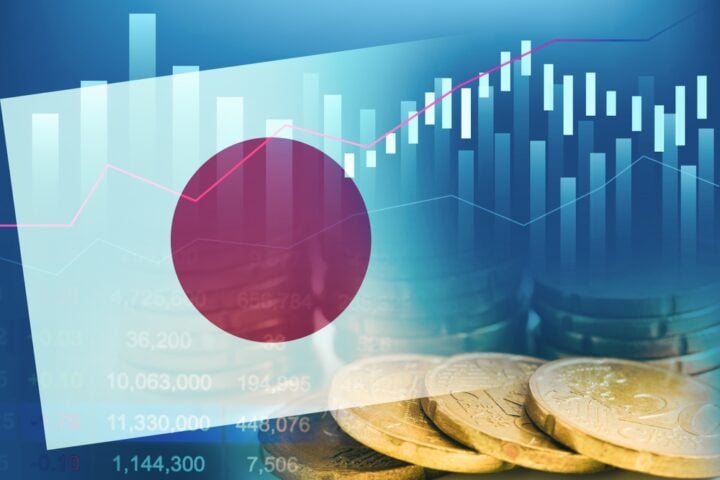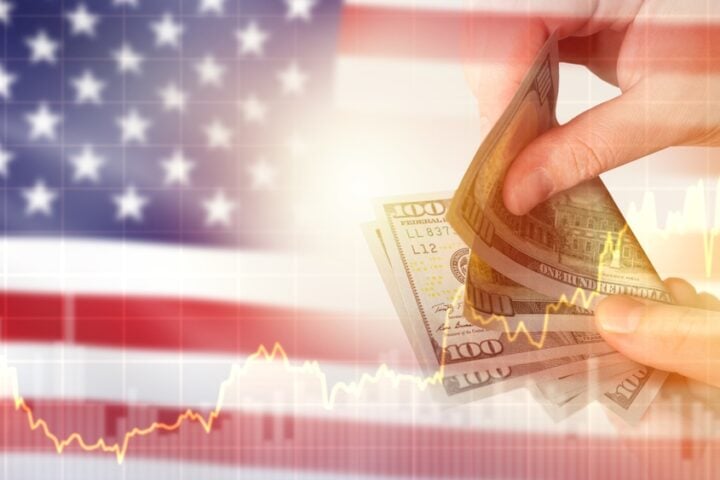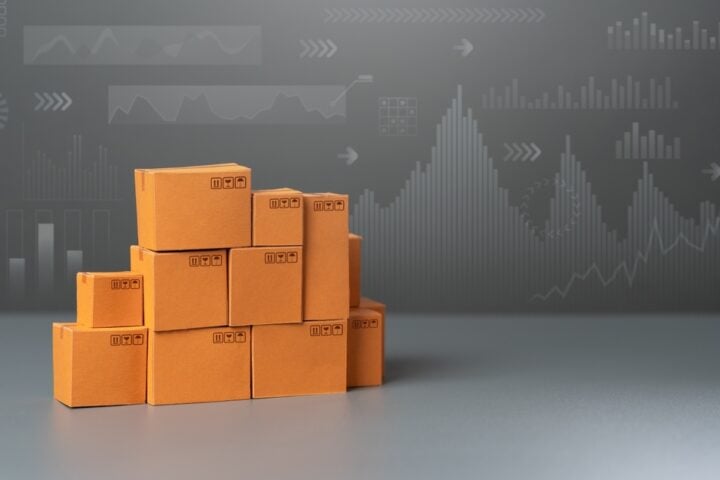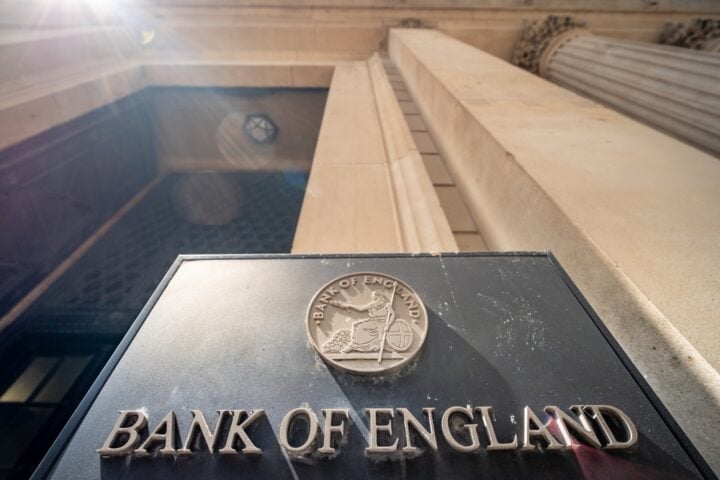Farmers, Shippers Warn of Economic Fallout from Tariff Plan
Business groups are warning that proposed U.S. port fees on Chinese-built ships could devastate American exporters, especially farmers, and disrupt global supply chains. The Biden-era investigation into China’s shipbuilding subsidies is now being used by the Trump administration to justify massive tariffs and new penalties.
If enacted, the measures could affect 98% of the global container fleet and apply to any carrier with a Chinese-built vessel — present or on order. According to the World Shipping Council (WSC), the plan would add $600–$800 per container, doubling shipping costs and threatening the competitiveness of U.S. exports.
“The hogs in China couldn’t give a damn where the soybeans come from,” said Peter Friedmann of the Agriculture Transportation Coalition. “You’re telling exporters they’re out of business.”
Massive Fees Could Shift Trade Routes
Proposed fees of up to $1.5 million per ship per port could force carriers to skip smaller U.S. ports or divert to Canada. Ports like Halifax, Montreal, and Vancouver may see a surge in traffic while U.S. ports such as Oakland, Tampa, and Baltimore face sharp declines in service.
“The fees would create congestion at major ports and reduce access to secondary ports,” said WSC President Joe Kramek, warning of a ripple effect on port jobs, trucking, and warehousing.
Industry Calls for Alternative Shipbuilding Support
The Trump administration says the plan will revive U.S. shipbuilding and announced a White House Office of Shipbuilding. But critics say the U.S. lacks viable commercial vessels for international trade. Of 30 U.S.-built container ships, the average age is 24 years — near the end of their lifespan.
“You can’t rebuild a domestic shipbuilding industry by punishing exports and trade,” said Kramek. A joint industry study found the tariffs would reduce U.S. GDP and worsen the trade deficit. Even if shipbuilding sees gains, farmers, manufacturers, and consumers would face price hikes and lost markets.


